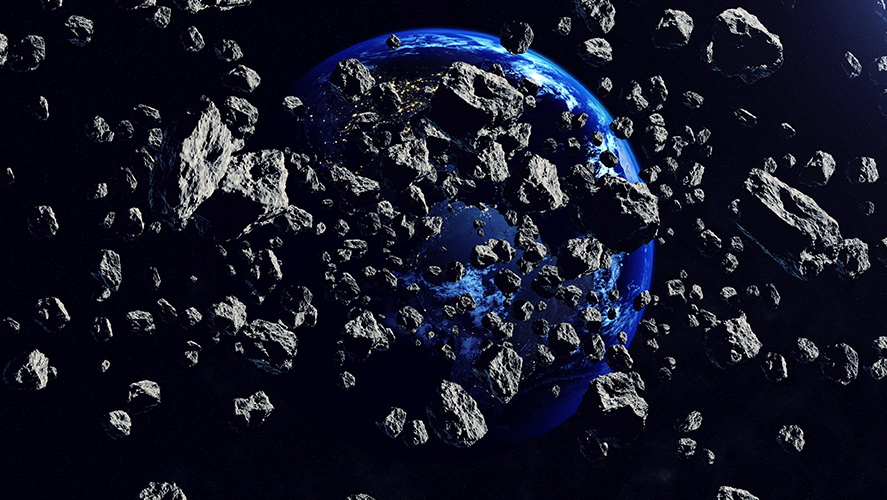
A massive asteroid slamming into what’s now Western Australia may have saved Earth from a particularly nasty ice age. That’s according to London scientists, who presented the theory in a study published Tuesday. The ice age in question, known as “Snowball Earth,” left the entire planet covered with a sheet of ice up to three miles thick. It finally ended 2.2 billion years ago when an asteroid hit Australia, leaving a crater 43 miles wide. The impact could have caused 11,000 trillion pounds of water vapor to be released into the atmosphere, creating a greenhouse effect that helped make Earth livable again, the study claims. “The impact event itself might not have been the full reason for a global climate shift,” says Chris Kirkland, co-author of the study. “But if we are in a dynamic period of Earth’s history when other things are happening, this might have been the straw that broke the camel’s back.”
An asteroid slammed into Earth 2.2 billion years ago during an ice age, and now studies say that may have changed Earth's climate. https://t.co/aW05r8aELK pic.twitter.com/cnDQcxbx57
— USA TODAY (@USATODAY) January 22, 2020










